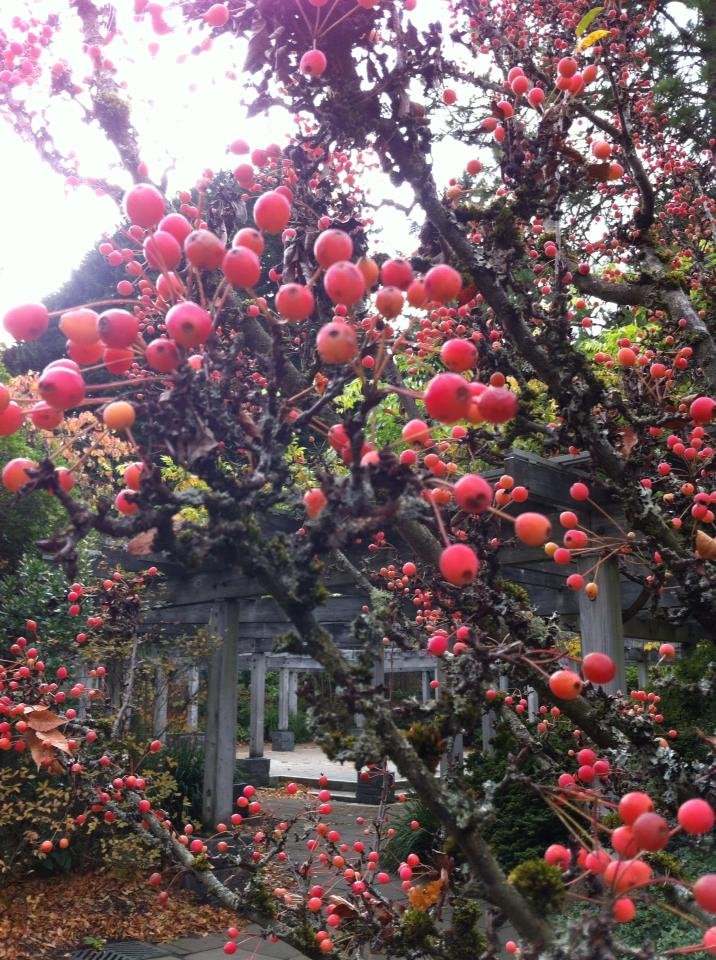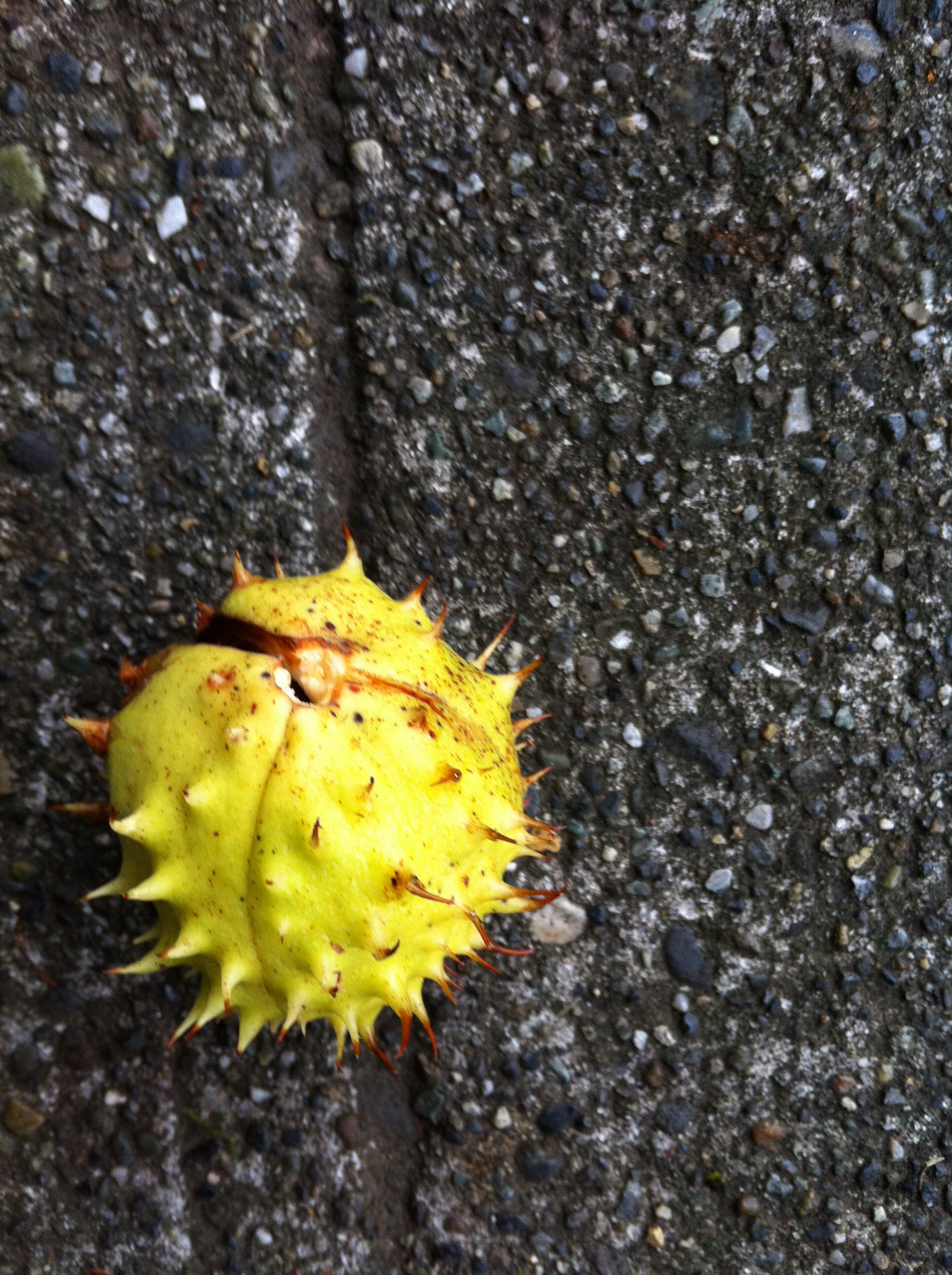 I'm retraining myself to write novels. My first novel is floating in the ether, I wrote a quick, rough draft of my second novel some time ago, I focused on finishing my short story collection, and now, with the leaves falling off the trees outside, I'm in my dark office x-raying that second novel to get at an outline. I already had a couple outlines in hesitant pencil, one very bare bones, one a bit more detailed. But I'm hesitant to launch into a rewrite yet as I seem to still be in a fallow period. I'd have loved to take a suitcase full of books into the woods and just read for 10 days. Alas. A decent second option was to bolt to Vancouver with M. for the weekend, where two writer friends were visiting from New York. We gorged ourselves on dim sum, wandered around Coal Harbor and the West End, had cocktails at Cloud 9, a bar that rotates on top of the Empire Landmark hotel and that has some very 1995 cocktails (we stuck to a gin martini and an old-fashioned), and went on a short, mild hike where we spotted purple and orange mushrooms and black slugs and a seal. We waved at the seal, and the seal seemed to give us a little nod before disappearing in the water, probably grumbling that we took his lunch spot, Cod Rock. All this to say, there are different ways to refill the well. Reading and travel (and with travel, eating) are some of my favorite ways. So is looking at art.I feel a little out of shape, novel-writing-wise, because I'm at the difficult step where I've decided to rewrite entirely. The first draft was quick fun, throwing details on the page and seeing what sticks. I want to be a lot more strategic about the second draft. I decided to try using novel writing software, to help me feel less scattered, and a few friends recommended Scrivener. This morning I finally started to get the hang of it, and now I have a more detailed outline with fancy arrows and nesting files and everything. Soon (hopefully!) I can go deeper into the writing cave to write those scenes.Outlining at this point feels helpful, but sometimes I outline when I'm stuck in writing because I don't know what else to do. I might already have the outline in my head. I might have gone over that outline obsessively already. But I still write it down, maybe more than once, as if I'm in a holding pattern, and then it just feels like treading water. In a way, it is like a writing exercise I used to do, coming up with arbitrary lists of specific things. But it is also very different from those lists. Rather than racing from plot point to plot point., those lists try to get me to think about very specific details or to think about words I don't often use. Red things; things that start with the letter V. More particularly (while still being quite broad), Ray Bradbury recommended making lists of nouns as a way to jog creativity. He wrote, "Make a list of 10 things you hate and tear them down in a short story. Make a list of 10 things you love and celebrate them. When I wrote Fahrenheit 451 I hated book burners and I loved libraries. So there you are." Such sound advice, for not only finding ways into writing, but writing with passion.Back in September, as Rosh Hoshanah approached and I thought about all the oncoming holidays (hello, Thanksgiving-Hanukkah merger), I thought it would be fun to just write a list of all the dishes my grandparents, great aunts, etc. were known for. I invited M. to add to that list. This got me thinking about how many stories might be in each these specific dishes as well, and how revisiting memories is another way to refill the well.Here's that dish list:Bubby's mandelbrotGrandma's chopped liverAunt Shirley's jello moldsAunt Ellen's meatballs in a sweet tomato sauceAunt Myra's chicken schnitzelGrandpa's sarmale (large and loose and juicy)Eva's matzo balls (dense as bricks)Aunt Shirley's brisketMom's meatloafGrandpa's meat piesBubby's Swedish meatballsGrandpa's cheese piesBubby's matzo balls (large and fluffy)Aunt Myra's walnut cakeMami's salade de boefGrandma's apples and riceGrandma's salade de boefEva's fish soupEva's salade de boefAunt Myra's trifleEva's sarmale (small and tight and smoky)Grandpa's fried kippers and onionsGrandma's upside down cakes (fruity and light)Eva's plum dumplingsGrandma's plum dumplingsMr. C's plum dumplingsEverybody's plum dumplingsWhat do you do in your fallow periods? How do you get yourself ready for big creative projects?Related posts:1. Background Reading for a Novel-in-Progress2. Parking Signs to Power Lines3. Writing from Art
I'm retraining myself to write novels. My first novel is floating in the ether, I wrote a quick, rough draft of my second novel some time ago, I focused on finishing my short story collection, and now, with the leaves falling off the trees outside, I'm in my dark office x-raying that second novel to get at an outline. I already had a couple outlines in hesitant pencil, one very bare bones, one a bit more detailed. But I'm hesitant to launch into a rewrite yet as I seem to still be in a fallow period. I'd have loved to take a suitcase full of books into the woods and just read for 10 days. Alas. A decent second option was to bolt to Vancouver with M. for the weekend, where two writer friends were visiting from New York. We gorged ourselves on dim sum, wandered around Coal Harbor and the West End, had cocktails at Cloud 9, a bar that rotates on top of the Empire Landmark hotel and that has some very 1995 cocktails (we stuck to a gin martini and an old-fashioned), and went on a short, mild hike where we spotted purple and orange mushrooms and black slugs and a seal. We waved at the seal, and the seal seemed to give us a little nod before disappearing in the water, probably grumbling that we took his lunch spot, Cod Rock. All this to say, there are different ways to refill the well. Reading and travel (and with travel, eating) are some of my favorite ways. So is looking at art.I feel a little out of shape, novel-writing-wise, because I'm at the difficult step where I've decided to rewrite entirely. The first draft was quick fun, throwing details on the page and seeing what sticks. I want to be a lot more strategic about the second draft. I decided to try using novel writing software, to help me feel less scattered, and a few friends recommended Scrivener. This morning I finally started to get the hang of it, and now I have a more detailed outline with fancy arrows and nesting files and everything. Soon (hopefully!) I can go deeper into the writing cave to write those scenes.Outlining at this point feels helpful, but sometimes I outline when I'm stuck in writing because I don't know what else to do. I might already have the outline in my head. I might have gone over that outline obsessively already. But I still write it down, maybe more than once, as if I'm in a holding pattern, and then it just feels like treading water. In a way, it is like a writing exercise I used to do, coming up with arbitrary lists of specific things. But it is also very different from those lists. Rather than racing from plot point to plot point., those lists try to get me to think about very specific details or to think about words I don't often use. Red things; things that start with the letter V. More particularly (while still being quite broad), Ray Bradbury recommended making lists of nouns as a way to jog creativity. He wrote, "Make a list of 10 things you hate and tear them down in a short story. Make a list of 10 things you love and celebrate them. When I wrote Fahrenheit 451 I hated book burners and I loved libraries. So there you are." Such sound advice, for not only finding ways into writing, but writing with passion.Back in September, as Rosh Hoshanah approached and I thought about all the oncoming holidays (hello, Thanksgiving-Hanukkah merger), I thought it would be fun to just write a list of all the dishes my grandparents, great aunts, etc. were known for. I invited M. to add to that list. This got me thinking about how many stories might be in each these specific dishes as well, and how revisiting memories is another way to refill the well.Here's that dish list:Bubby's mandelbrotGrandma's chopped liverAunt Shirley's jello moldsAunt Ellen's meatballs in a sweet tomato sauceAunt Myra's chicken schnitzelGrandpa's sarmale (large and loose and juicy)Eva's matzo balls (dense as bricks)Aunt Shirley's brisketMom's meatloafGrandpa's meat piesBubby's Swedish meatballsGrandpa's cheese piesBubby's matzo balls (large and fluffy)Aunt Myra's walnut cakeMami's salade de boefGrandma's apples and riceGrandma's salade de boefEva's fish soupEva's salade de boefAunt Myra's trifleEva's sarmale (small and tight and smoky)Grandpa's fried kippers and onionsGrandma's upside down cakes (fruity and light)Eva's plum dumplingsGrandma's plum dumplingsMr. C's plum dumplingsEverybody's plum dumplingsWhat do you do in your fallow periods? How do you get yourself ready for big creative projects?Related posts:1. Background Reading for a Novel-in-Progress2. Parking Signs to Power Lines3. Writing from Art
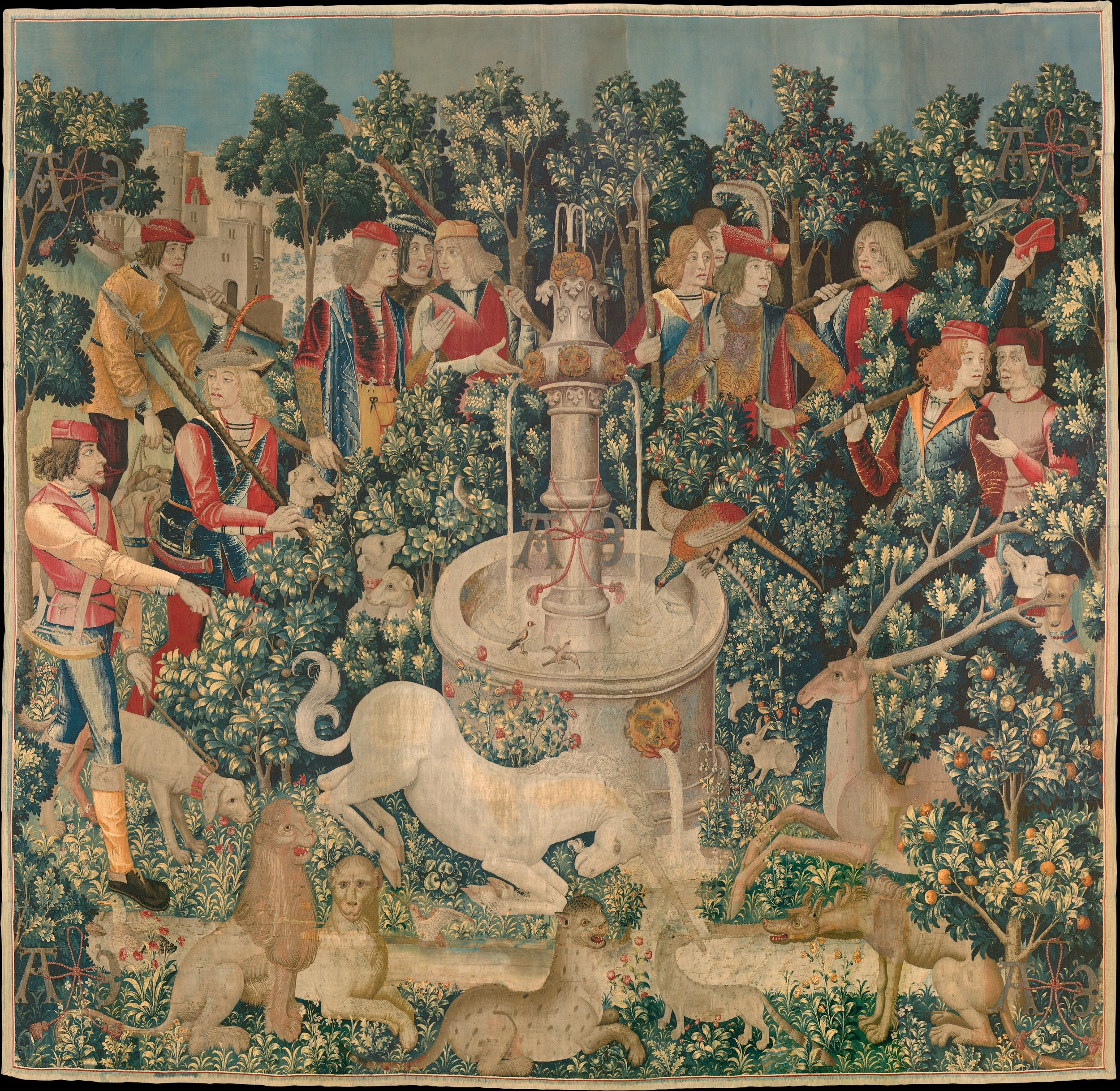

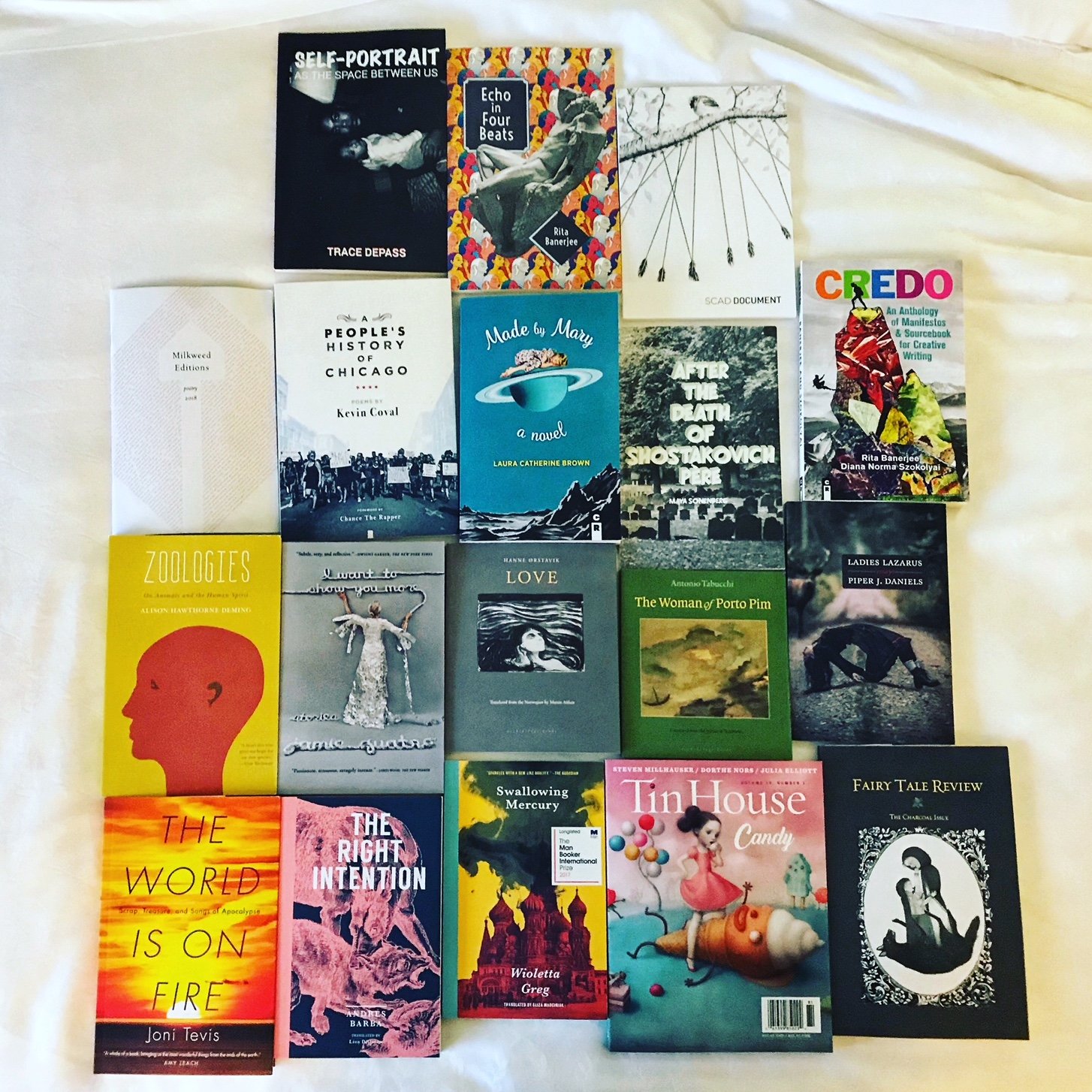 In my last post I promised blood. Well, I'll just say I slid my boot off Friday night and it was like I was one of Cinderella's stepsisters. I'm still limping. On to day 3!What is a better breakfast than a leftover Cuban sandwich? Leftover fried oysters. Just kidding! The Cuban sandwich was much better. Day 3 was the best because Michael got a one-day pass and we got to roam the book fair together."The Worst Writing Advice I Ever Got" is an irresistible title, so of course we wrenched ourselves away from the book fair for it. Here, without narrative, a fun grab-bag of quotes:
In my last post I promised blood. Well, I'll just say I slid my boot off Friday night and it was like I was one of Cinderella's stepsisters. I'm still limping. On to day 3!What is a better breakfast than a leftover Cuban sandwich? Leftover fried oysters. Just kidding! The Cuban sandwich was much better. Day 3 was the best because Michael got a one-day pass and we got to roam the book fair together."The Worst Writing Advice I Ever Got" is an irresistible title, so of course we wrenched ourselves away from the book fair for it. Here, without narrative, a fun grab-bag of quotes:
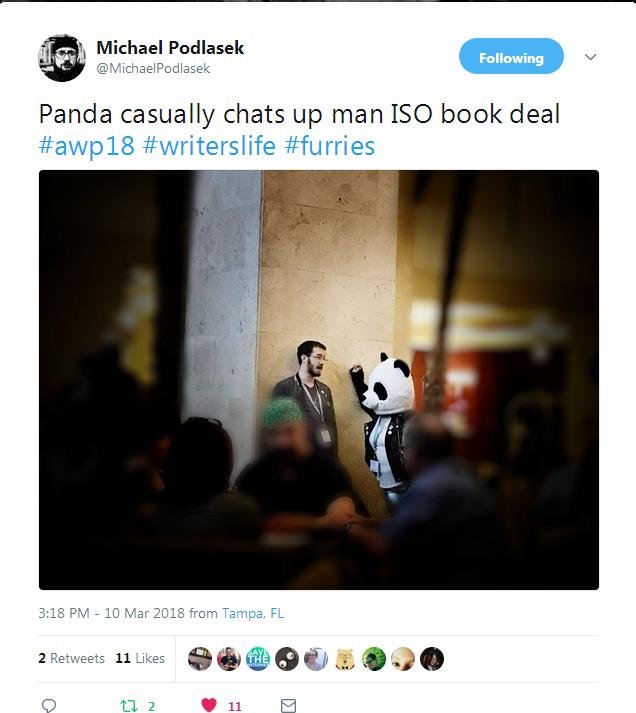 Next year in Portland! Maybe Seattleites can get some party buses organized...
Next year in Portland! Maybe Seattleites can get some party buses organized...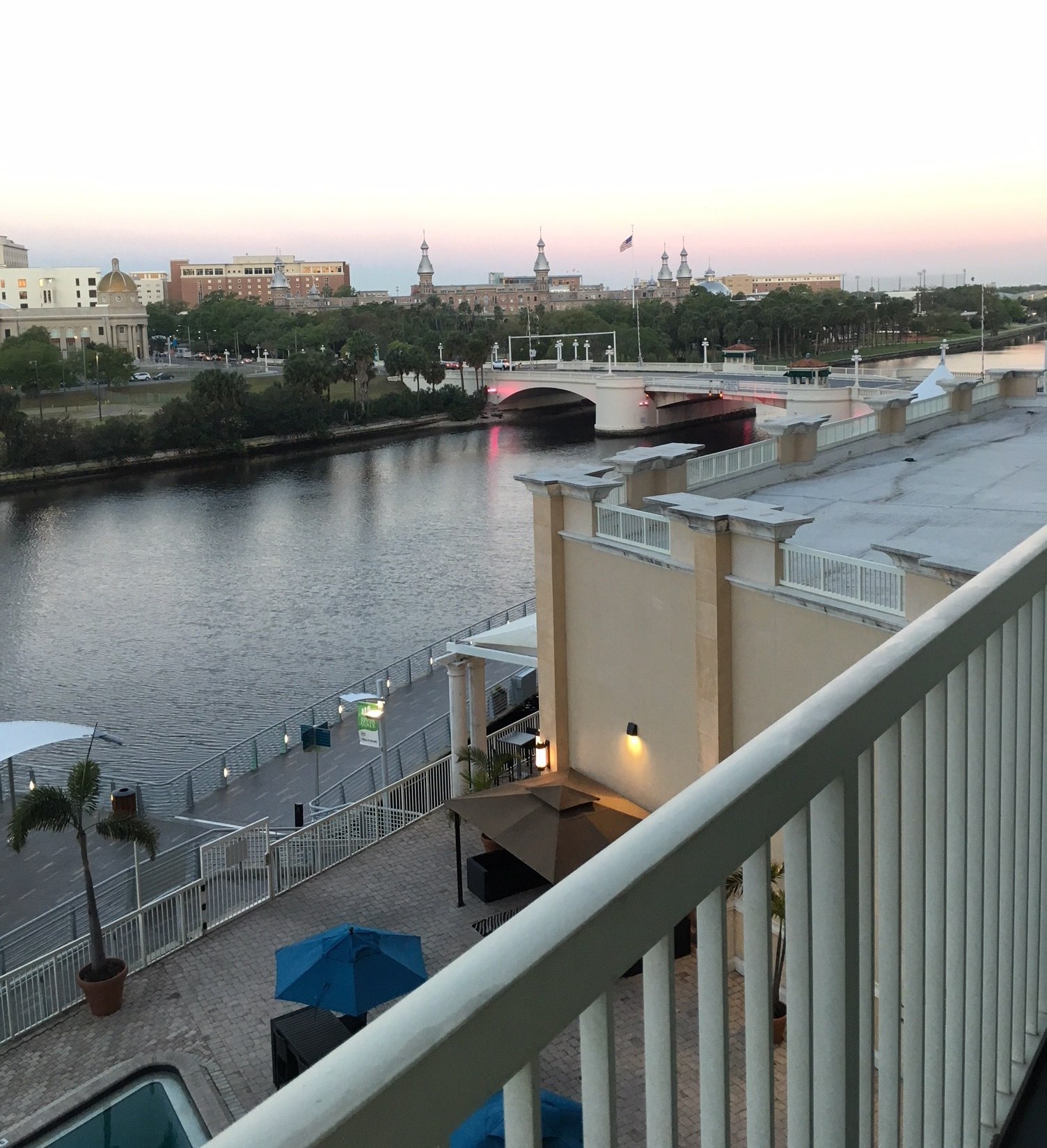 The Friday of AWP is always the best day. The nervous energy of Thursday has dissipated, and the inevitable Saturday flu epidemic has not yet emerged. I woke early to respond to student stories and breakfasted on a leftover Cuban sandwich, wondering if it would make me barf later. Reader, it did not! A fortifying start.Alan Sincic, the fantastic Orlando-based writer who was
The Friday of AWP is always the best day. The nervous energy of Thursday has dissipated, and the inevitable Saturday flu epidemic has not yet emerged. I woke early to respond to student stories and breakfasted on a leftover Cuban sandwich, wondering if it would make me barf later. Reader, it did not! A fortifying start.Alan Sincic, the fantastic Orlando-based writer who was 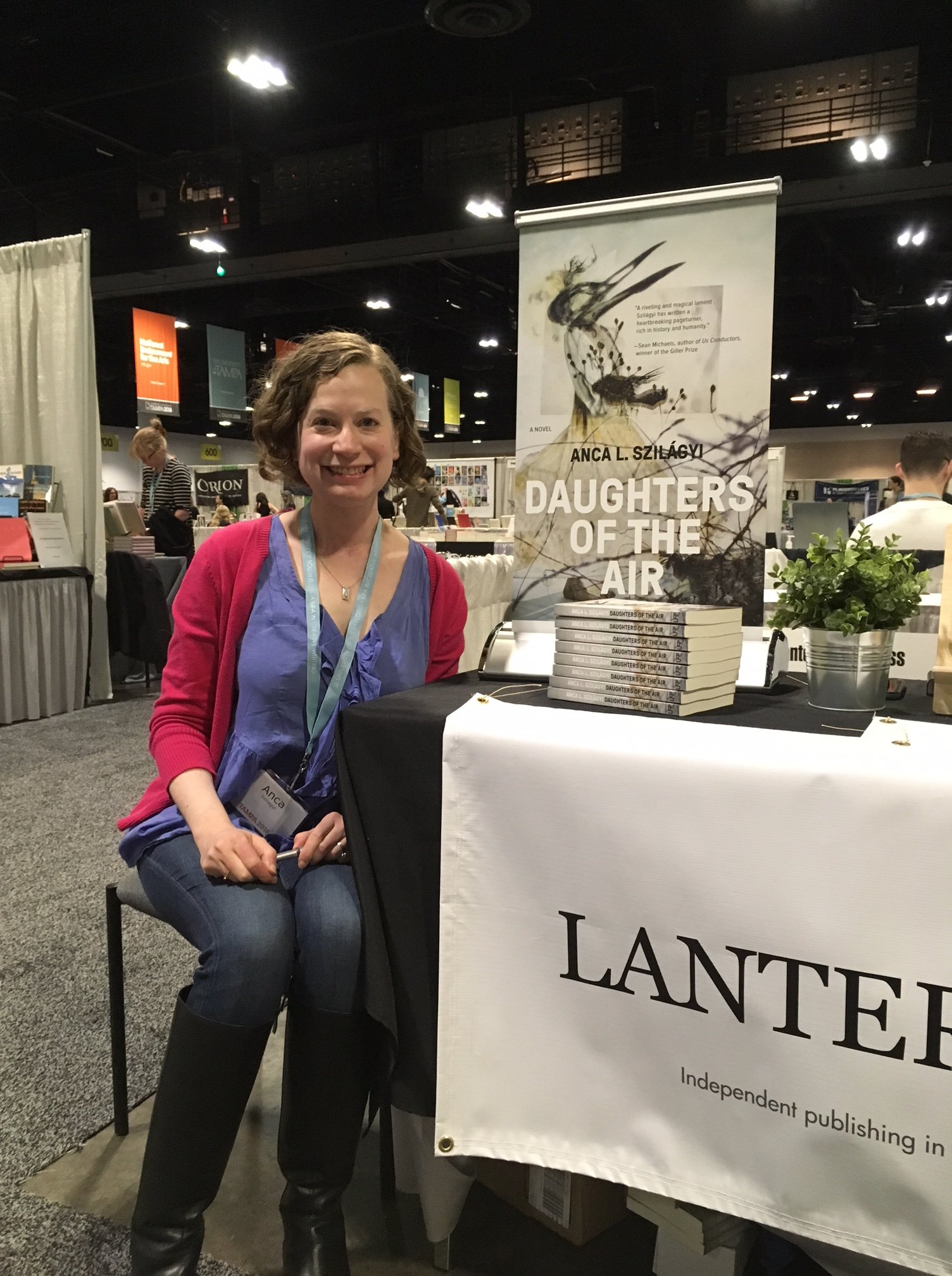 I ducked out early to get to my book signing at the
I ducked out early to get to my book signing at the 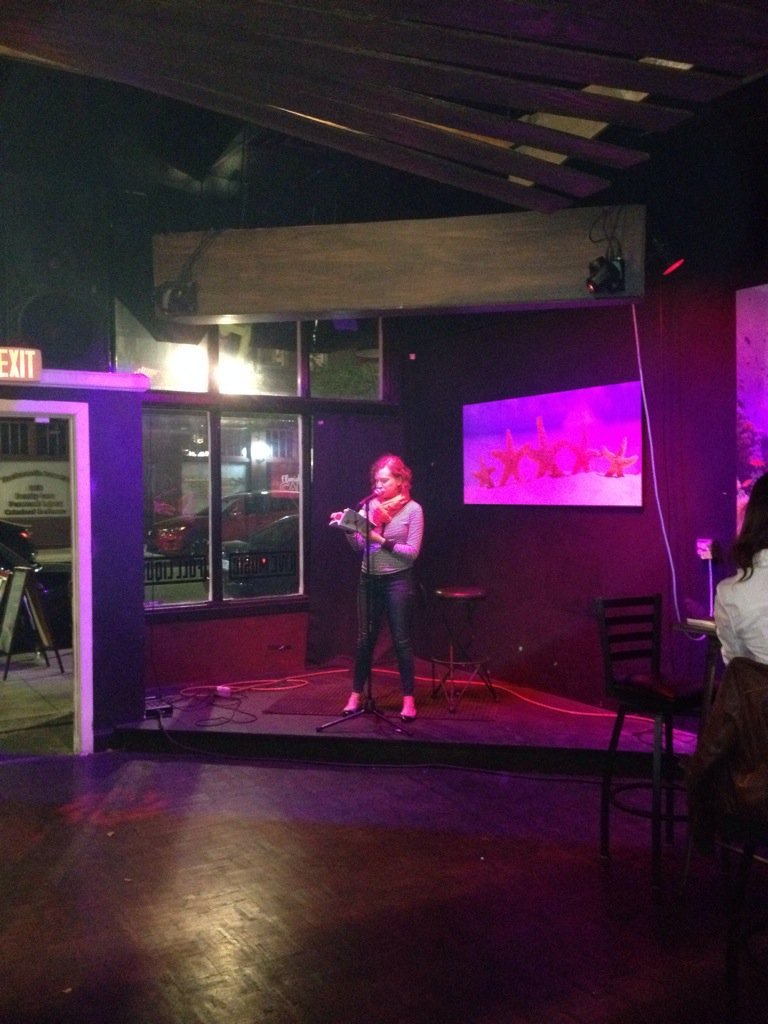
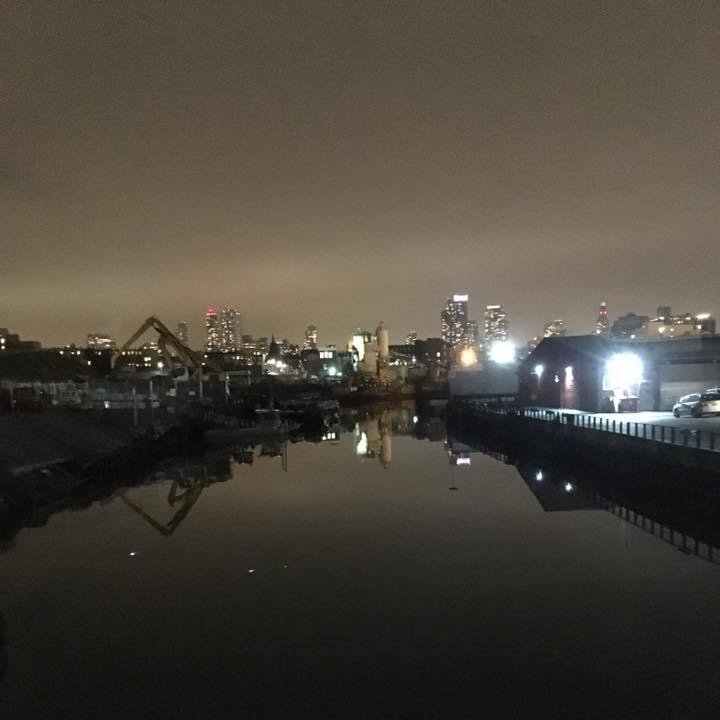 It's my birthday, and I'm home in Brooklyn. Today is full of treats. Mimosas and chocolate croissants with my family (and bagels, but I've been gorging on bagels since Saturday and have nearly reached my bagel limit), a stroll by Prospect Park, and a
It's my birthday, and I'm home in Brooklyn. Today is full of treats. Mimosas and chocolate croissants with my family (and bagels, but I've been gorging on bagels since Saturday and have nearly reached my bagel limit), a stroll by Prospect Park, and a  Paintings helped me grope through the dark of my first draft of Daughters of the Air. I wrote a
Paintings helped me grope through the dark of my first draft of Daughters of the Air. I wrote a 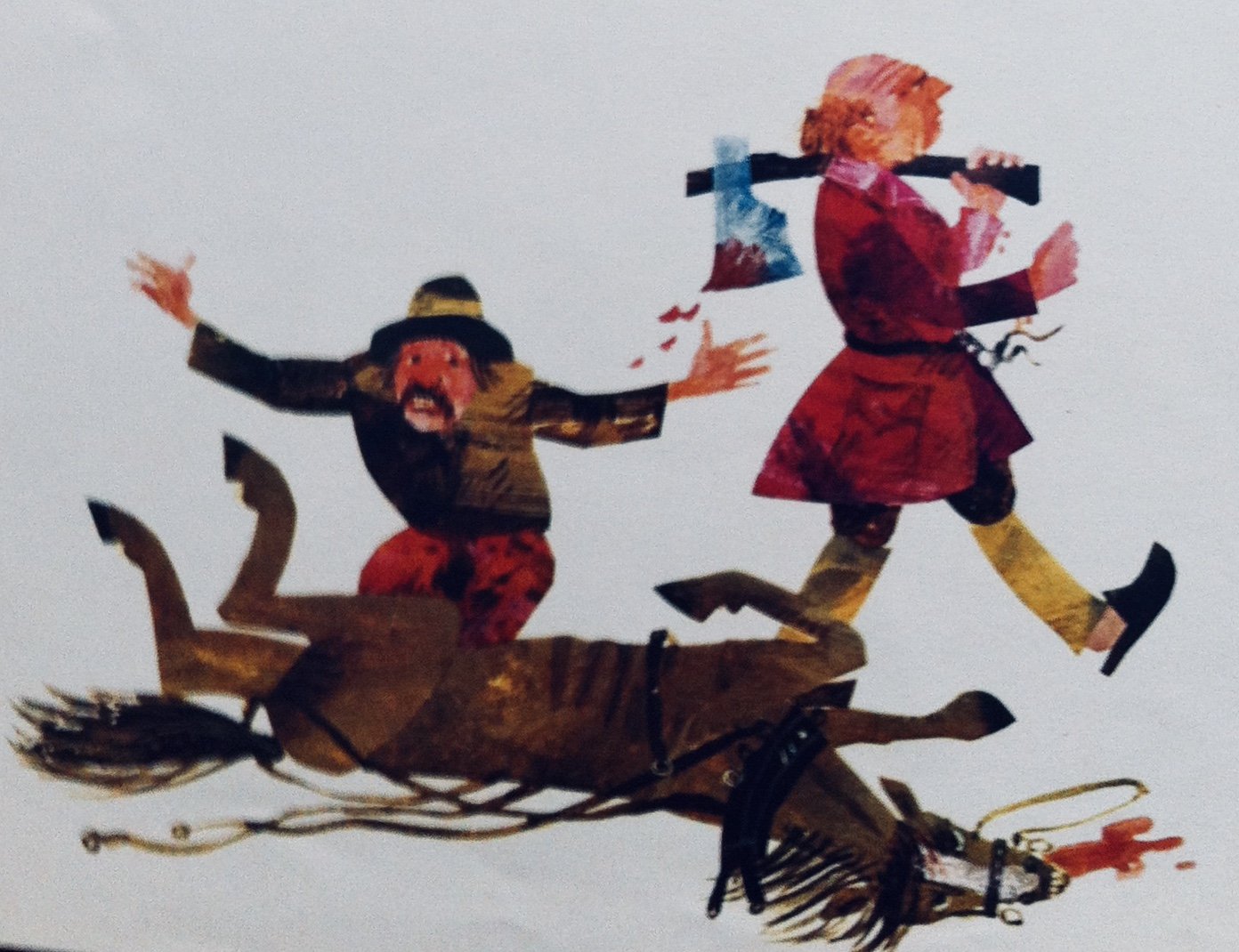 Over the summer, while immersing myself in Jess Walter's fiction in preparation for interviewing him in December (you can now watch his Word Works talk on time, and the Q & A, here on
Over the summer, while immersing myself in Jess Walter's fiction in preparation for interviewing him in December (you can now watch his Word Works talk on time, and the Q & A, here on 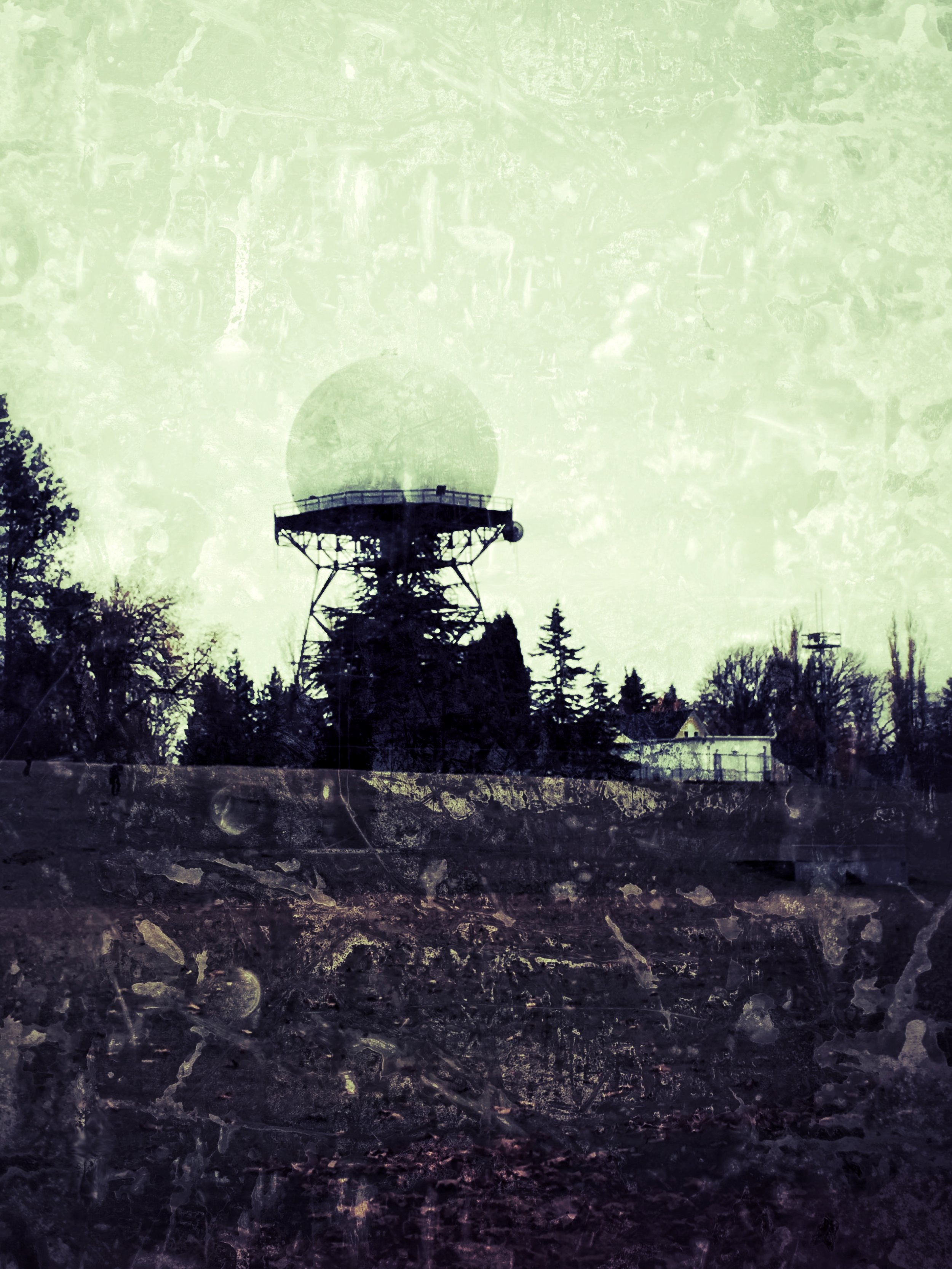 Well, gosh, November snuck up on me! I try not to let a whole month go by without popping in over here, so here's what's been cooking.
Well, gosh, November snuck up on me! I try not to let a whole month go by without popping in over here, so here's what's been cooking.  I just finished teaching for the first time a fiction thesis writing class in the online MA program I work for. It's an interesting class that coaches students through the first 30-50 pages of a novel or story collection, and I am embarking upon it once again very soon, just as my own novel will be hitting shelves. Our final week's discussion on paths to publication (traditional vs. hybrid vs. self-publishing) will be rather timely. In related news, as I head out on book tour next year, I'll be teaching online for Hugo House as well: an
I just finished teaching for the first time a fiction thesis writing class in the online MA program I work for. It's an interesting class that coaches students through the first 30-50 pages of a novel or story collection, and I am embarking upon it once again very soon, just as my own novel will be hitting shelves. Our final week's discussion on paths to publication (traditional vs. hybrid vs. self-publishing) will be rather timely. In related news, as I head out on book tour next year, I'll be teaching online for Hugo House as well: an 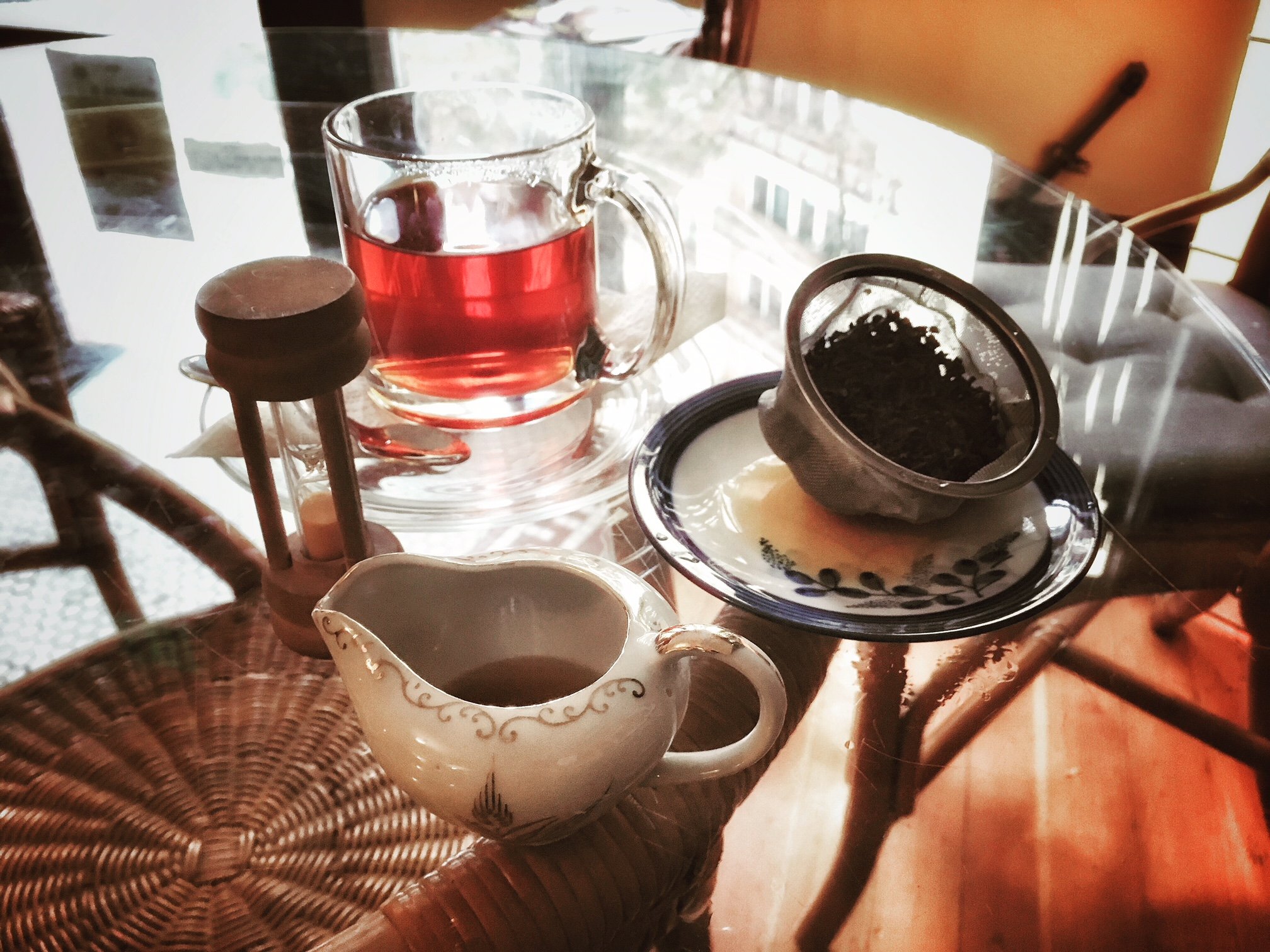 Amidst all this activity, I'm looking forward to some holiday downtime, if that is even possible. Lately I've been starting my day with Anne Carson's Plainwater and ending it with Mavis Gallant's A Fairly Good Time: a superb literary sandwich. Before the year is over, I hope to get to Nathaniel Hawthorne's Gothic novel The House of the Seven Gables. I picked it up from a used bookstore in Montreal,
Amidst all this activity, I'm looking forward to some holiday downtime, if that is even possible. Lately I've been starting my day with Anne Carson's Plainwater and ending it with Mavis Gallant's A Fairly Good Time: a superb literary sandwich. Before the year is over, I hope to get to Nathaniel Hawthorne's Gothic novel The House of the Seven Gables. I picked it up from a used bookstore in Montreal,  Sharpen your pencils: I'm teaching two classes at Hugo House this fall. Member registration opens today and general registration opens August 22. Scholarships are available: apply
Sharpen your pencils: I'm teaching two classes at Hugo House this fall. Member registration opens today and general registration opens August 22. Scholarships are available: apply 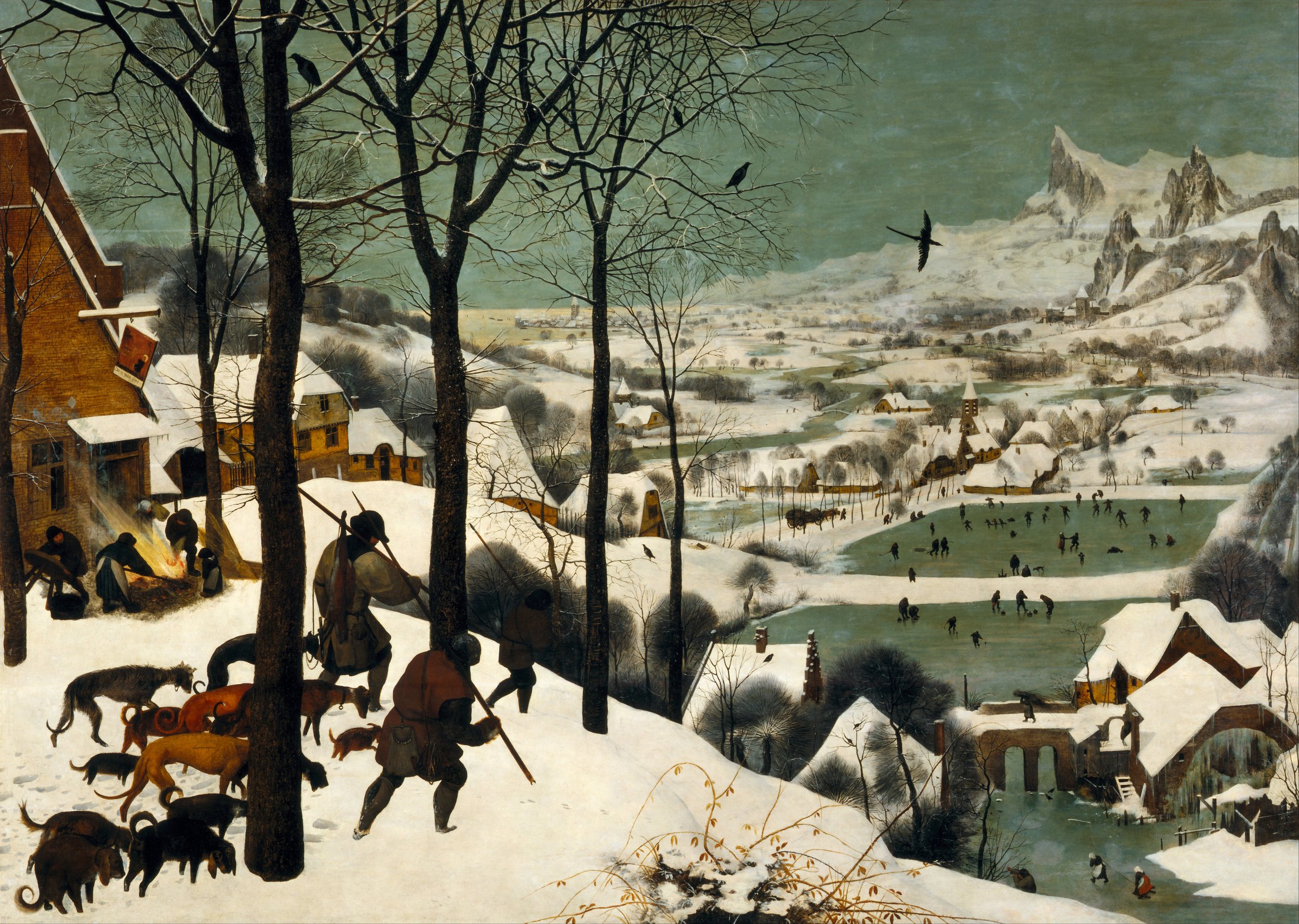 Pieter Bruegel the Elder - Hunters in the Snow (Winter) - 1565
Pieter Bruegel the Elder - Hunters in the Snow (Winter) - 1565